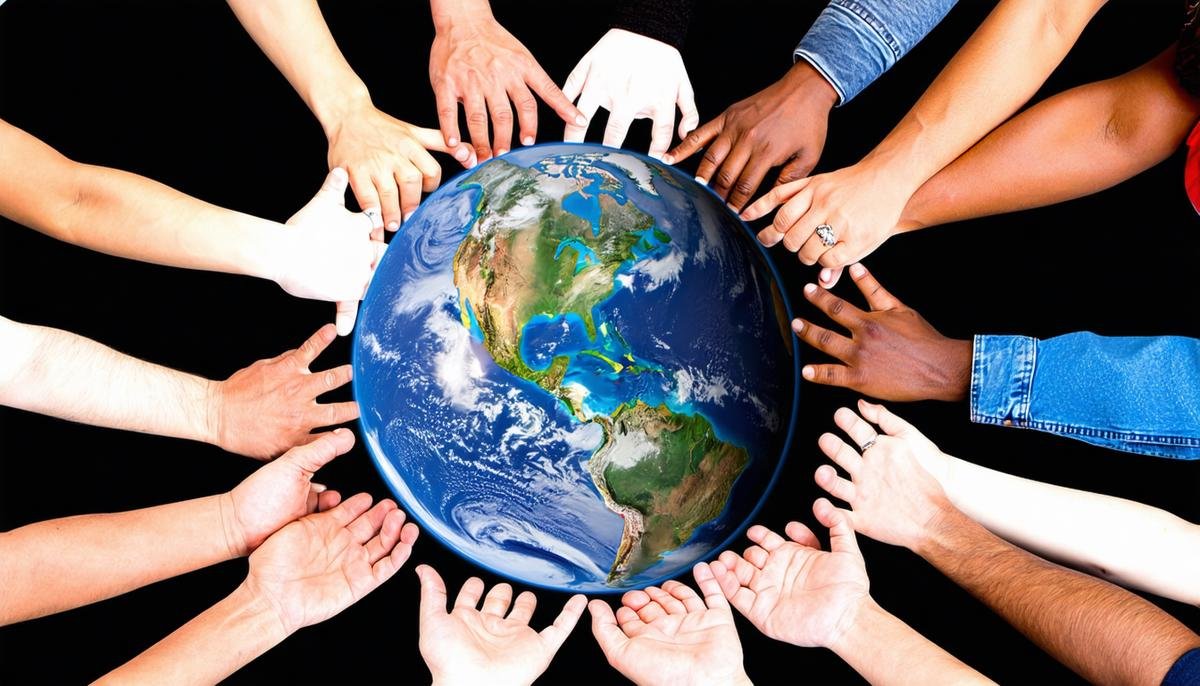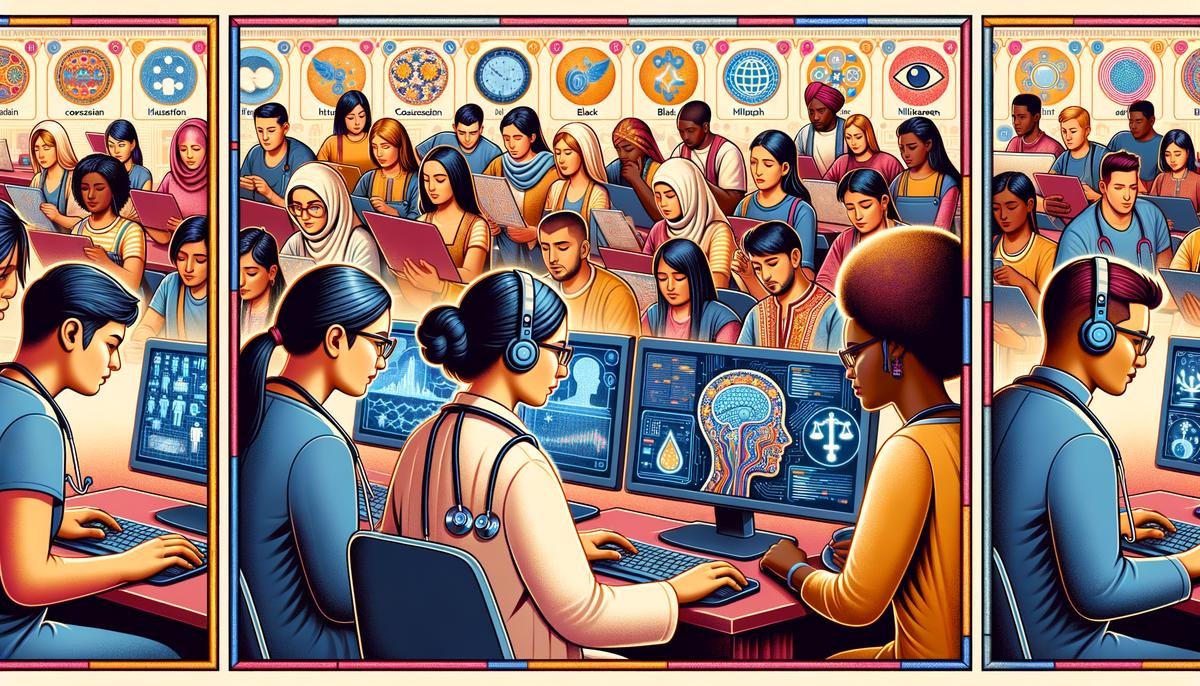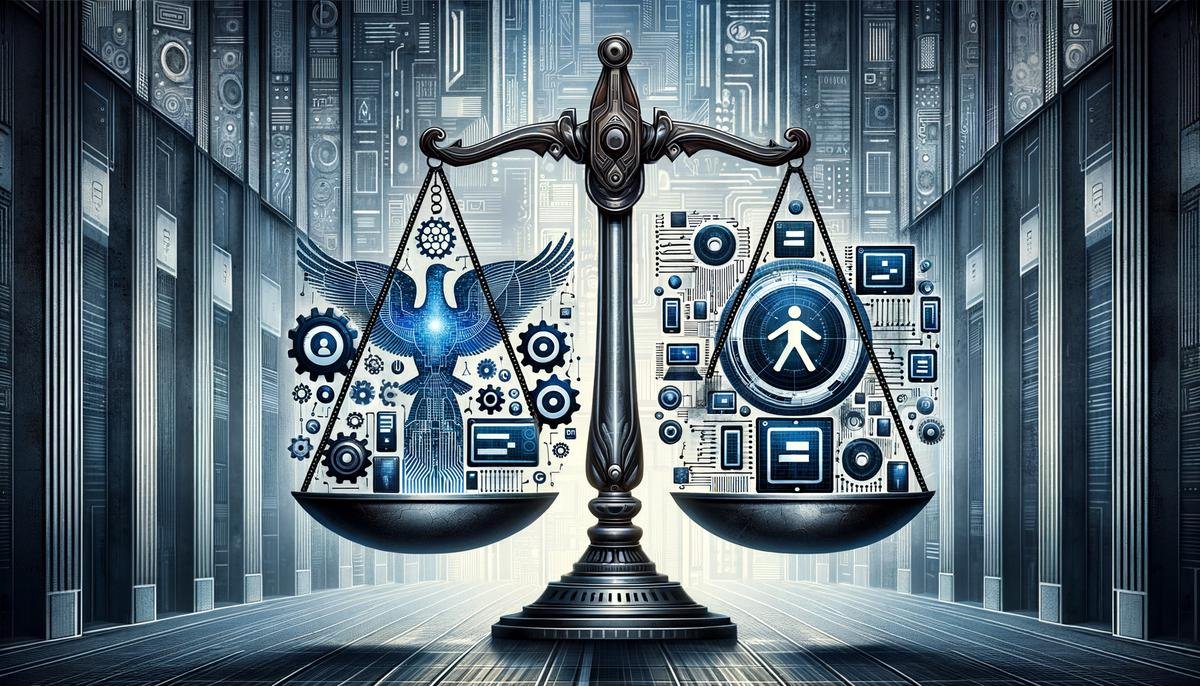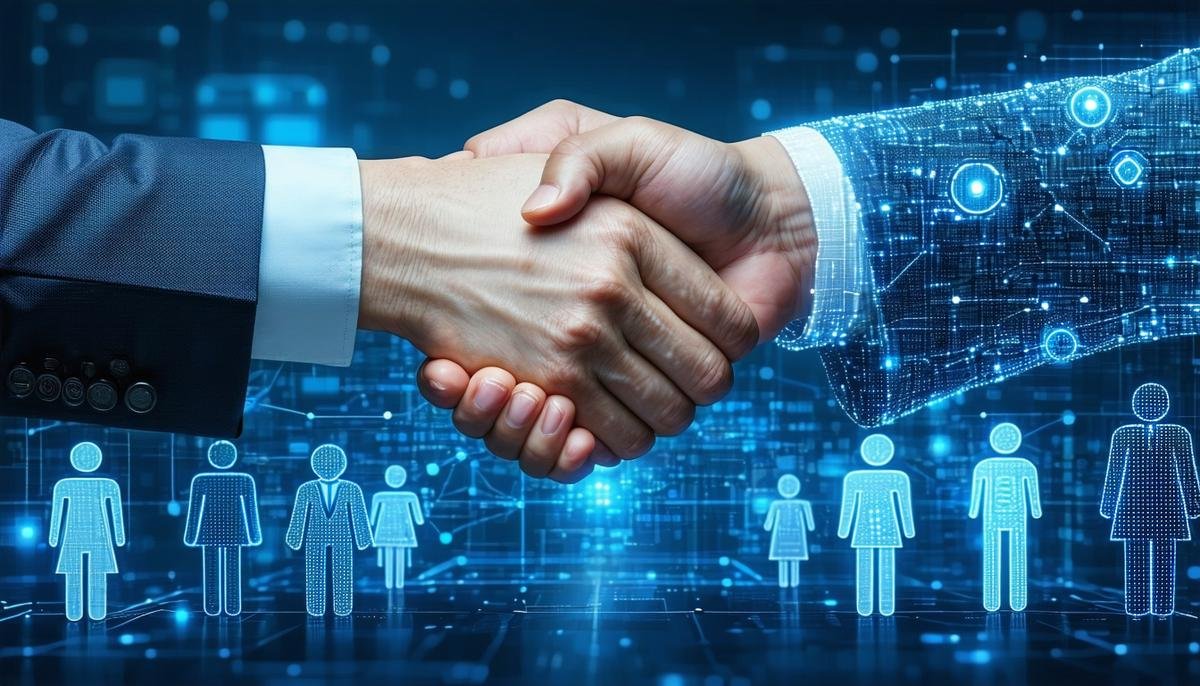Human rights are foundational principles that guide societies, ensuring fairness and respect for all individuals. As technology advances, particularly with the rise of AI, maintaining this balance becomes increasingly important. AI's role in education, healthcare, and safety offers potential benefits but also poses challenges that must be addressed to protect human dignity and privacy.
Understanding Human Rights
Human rights are universal principles that apply to everyone. These rights include fairness and respect, serving as basic rules for society. Key documents like the Magna Carta and the Universal Declaration of Human Rights have established these principles.
Human rights follow pillars like:
- Equality
- Dignity
- Inalienability
Everyone is considered equal, and no one should be looked down upon because of who they are. Rights cannot be taken away without due process.
As AI becomes more prevalent in our lives, it's important to ensure it doesn't infringe on human dignity or privacy. Balancing technological advancement with human rights protection is crucial as AI systems become more sophisticated.

AI's Positive Impact on Human Rights
AI has the potential to positively impact human rights in several areas:
Education:
AI can break down language barriers, making resources more accessible to students globally. This helps promote the right to education.
Healthcare:
AI can streamline administrative tasks, allowing healthcare professionals to spend more time with patients. It can also catch errors in prescriptions and identify urgent medical needs, improving the quality of healthcare.
Safety:
AI assists in content moderation online, helping to remove harmful or inappropriate content. This supports the right to safety and security in digital spaces.
When used responsibly, AI can enhance daily life while preserving human dignity and rights.

AI's Negative Impact on Human Rights
Despite its benefits, AI can also negatively impact human rights:
- Privacy: AI systems can collect and analyze personal data without proper consent, potentially breaching individual privacy.
- Discrimination: Algorithms can perpetuate biases present in their training data, leading to unfair treatment in areas like job advertisements.
- Accountability and Transparency: The complexity of AI systems can make it difficult to understand how decisions are made, complicating accountability when issues arise.
Balancing these concerns with AI's benefits is crucial. Developing ethical AI that respects privacy, promotes fairness, and remains comprehensible is an ongoing challenge.

Balancing AI Development and Human Rights
Achieving balance between AI development and human rights protection requires:
- Transparency: Ensuring AI systems and their decision-making processes are understandable to users.
- Ethical Guidelines: Developing principles that prioritize human dignity and rights in AI development.
- Regulation: Creating laws to prevent misuse of AI while allowing for innovation.
- Global Cooperation: Collaborating across borders to establish consistent standards and address international challenges.
Existing frameworks like the EU's GDPR and UN guidance on business and human rights provide starting points, but more comprehensive strategies are needed.

Corporate and Governmental Roles
Both corporations and governments play crucial roles in aligning AI with human rights:
Private Sector:
- Ensure transparency in AI systems
- Implement ethical guidelines
- Train AI to recognize and mitigate biases
Government:
- Develop and enforce regulations
- Provide oversight of AI development and use
- Stay informed about AI advancements to create effective policies
Collaboration between sectors is essential. Public-private partnerships can foster shared learning and best practices. International cooperation is also important to establish global norms and address cross-border challenges.
By working together, corporations and governments can help ensure AI promotes human rights and serves society positively.

Balancing technological progress with human rights is crucial. As AI continues to develop, it is vital to align its growth with ethical standards that uphold the dignity and rights of all individuals.
- United Nations. Universal Declaration of Human Rights. 1948.
- European Union. General Data Protection Regulation (GDPR). 2018.
- United Nations. Guiding Principles on Business and Human Rights. 2011.




